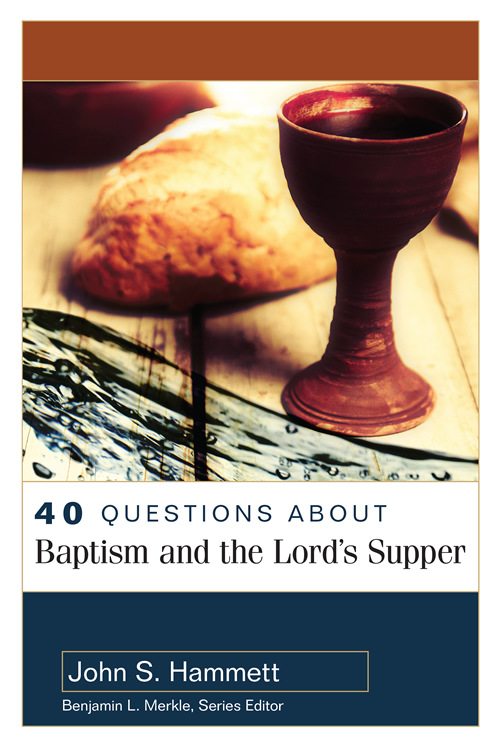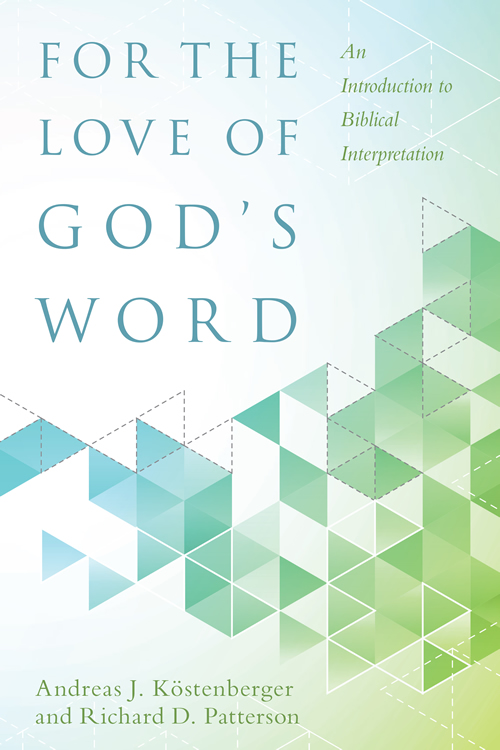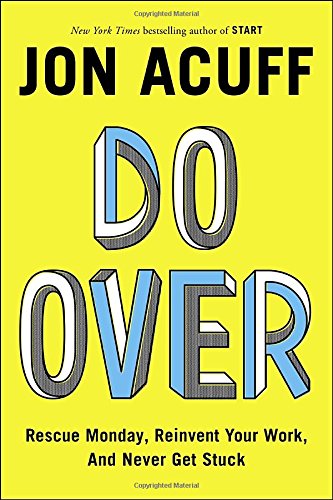In the Chapter:
I’ve decided this last chapter of Peter’s letter doesn’t lend itself to being broken down, so instead of the usual Summary/Focus, I’m going to give you the chapter as a whole for 2 Peter 3. There’s a lot here that seems less than practical, but I think we can shine some light into why it matters. First, though, we’ll start at the end. Peter finishes with an “Amen.” :)
Okay, there’s more to the wrap-up than just that word. The last verse, 2 Peter 3:18, is a great reminder of what is, and is not, our responsibility. We should grow in the grace and knowledge of the Savior, and to Him be the glory forever. We learn, which is followed by doing, and understand better and better our need for grace and how to spread grace. Meanwhile, He gets the glory. Not us, not our churches or organizations, but Jesus. We might be astounded what would happen if growing in grace was more of our focus than growing in number, reputation, or importance.
Prior to that we see Peter reference Paul, a thought we’ll get back to in the In Nerdiness section. Let’s jump all the way to the top of the chapter. Peter clearly acknowledges his prior letter, which leads us to think this letter was sent to the same basic audience as 1 Peter. The other option is that there’s a Petrine Epistle we don’t have (Petrine Epistle=Letter from Peter). The simplest answer is that he’s referring to 1 Peter. I’d say that’s as good an explanation as any, barring other evidence.
He then goes on to highlight that the church might as well expect trouble. The world, after all, has always produced mockers and they will keep coming. In fact, even as Noah built the ark, people expected God to not notice what was happening. Peter warns that evildoers will behave the same way in his day: they will assume that God is slow, if not negligent, in His responses.
Yet God is not slow or negligent. Instead, God is patient and allowing time for grace in the lives of everyone. Here we have a repetition of Psalm 90:4, that a thousand years are like a day, and vice versa, in the sight of God. That’s an oft-cited phrase but rarely noted in context. The Psalms are poetic and Peter is referring to why God does not bring judgment instantly. It is not presented in Scripture as a way around what appears plain in Genesis. If you want something other 6 literal days, you need a different proof than this.
Peter goes on to explain the problem: people are short-sighted. If there is no change they observe in their lives, then the assumption is made that nothing changes. This misses the time frame that God works on, as He works related to His own will and to bring glory to Himself throughout eternity. There’s a difference in that and what is observable in a human life.
In Practice:
Practically speaking, there are several things to take from this. The first is what Peter himself says: be diligent and blameless. There is a bit of difference in “blameless” and “sinless,” for those of you who wonder. Blameless relates to what we attempt to do—sinless means we are always right. Blameless reflects never intentionally being wrong. Now, being human, we tend to mix our motives and blow both sides of that. But it’s worth knowing—Peter commands the possible.
Next, there is this reality: trust the Lord’s word, even as you cannot see the Lord’s actions. Do not think He is ignoring His promises or neglecting His justice. That also means that we do not attempt to step in for what we perceive as God’s negligence. Trust, and walk in obedience. That will mean following through with justice and righteousness, but not because God won’t. Instead, it’s because that is part of how we live in obedience to Him.
Finally, study Scripture. Peter warns that Paul can be understood badly, like the rest of Scripture. He then highlights that his readers should be “on guard” against the errors of unprincipled, untaught teachers who will lead them astray. If you are not personally growing in your knowledge of God’s Word, you are at risk of being caught up in errors of others. Study Scripture. Balance your influences—don’t get everything from the same source, just to be cautious not to get caught up in the same blind spots. (Don’t be so open-minded your brains fall out, either, though.)
In Nerdiness:
So, Peter says that Paul is hard to understand, like the other parts of the Scripture. From this, we see that Peter considered Paul’s letters on an equal level to the Old Testament. That matters for our understanding of Scripture. Here’s Peter affirming Paul’s writings as inspired.
Second, since the reference is sent on to the churches, we can see that the church was also willing to consider Paul’s writings as Scripture as well. This tells us that the idea of a “canon” (or official list) of Scripture was not a late invention, but something that the church recognized
even before the New Testament was finished. That matters.





